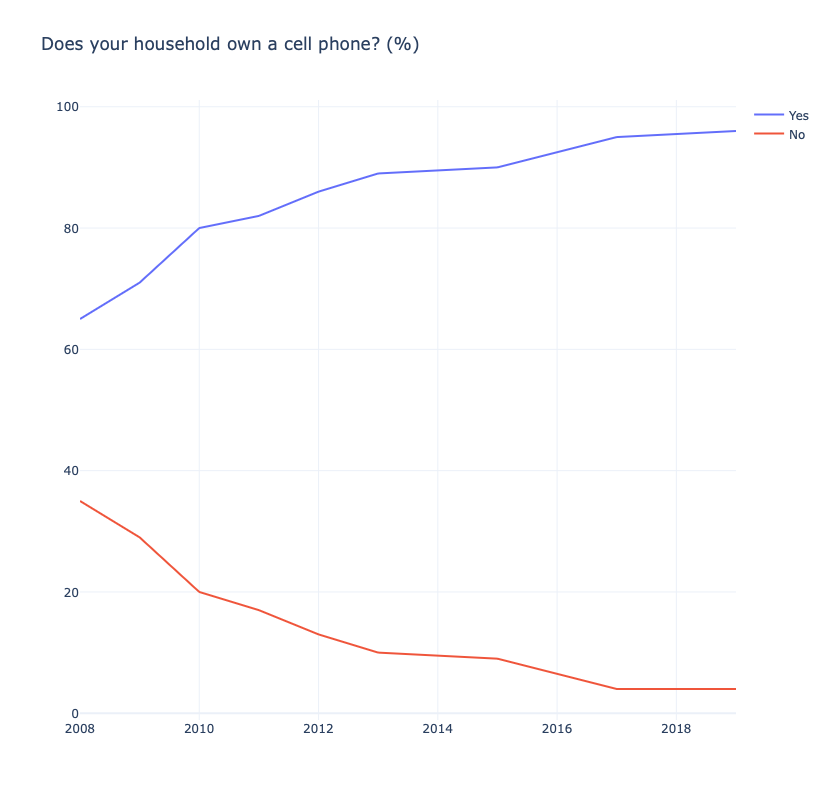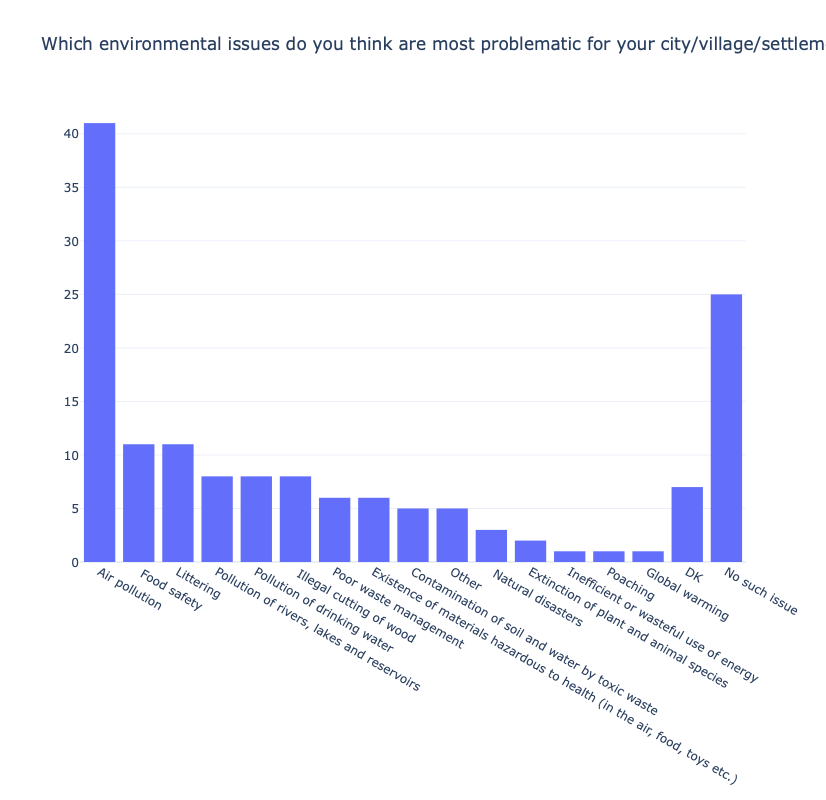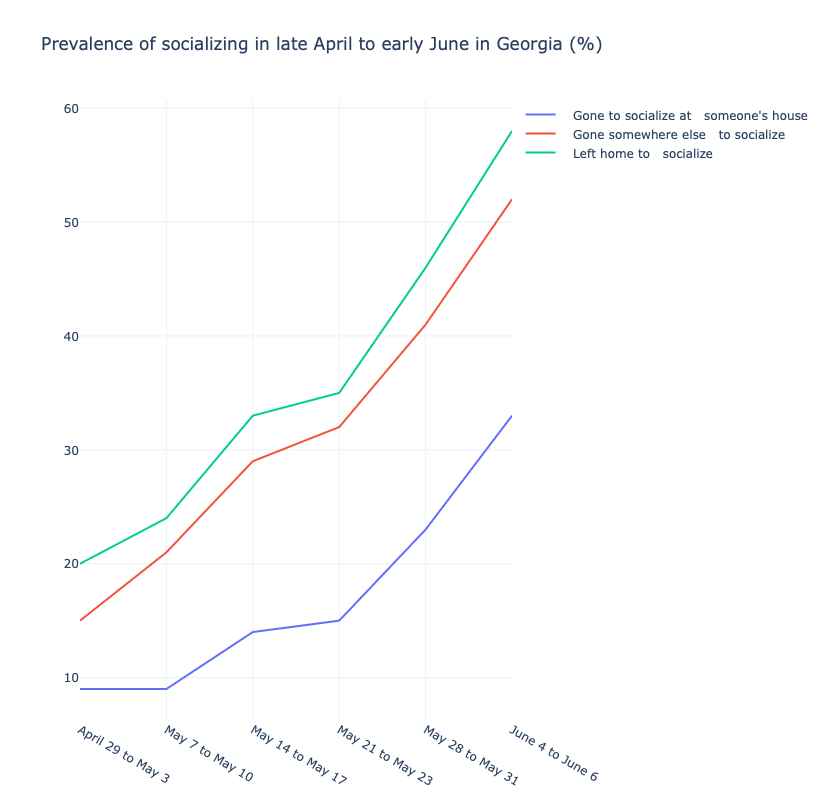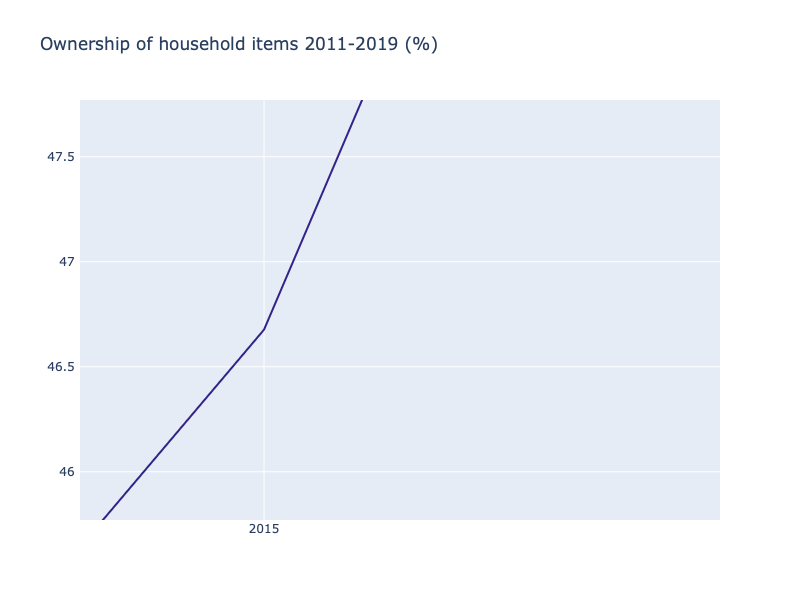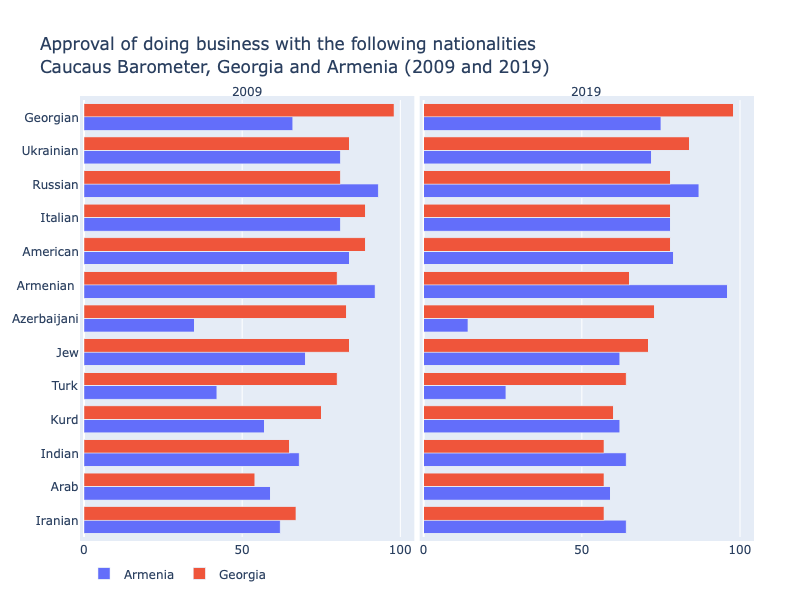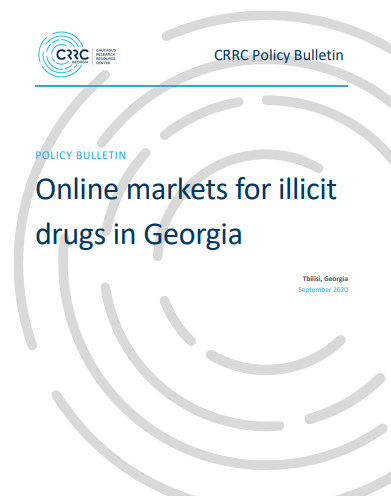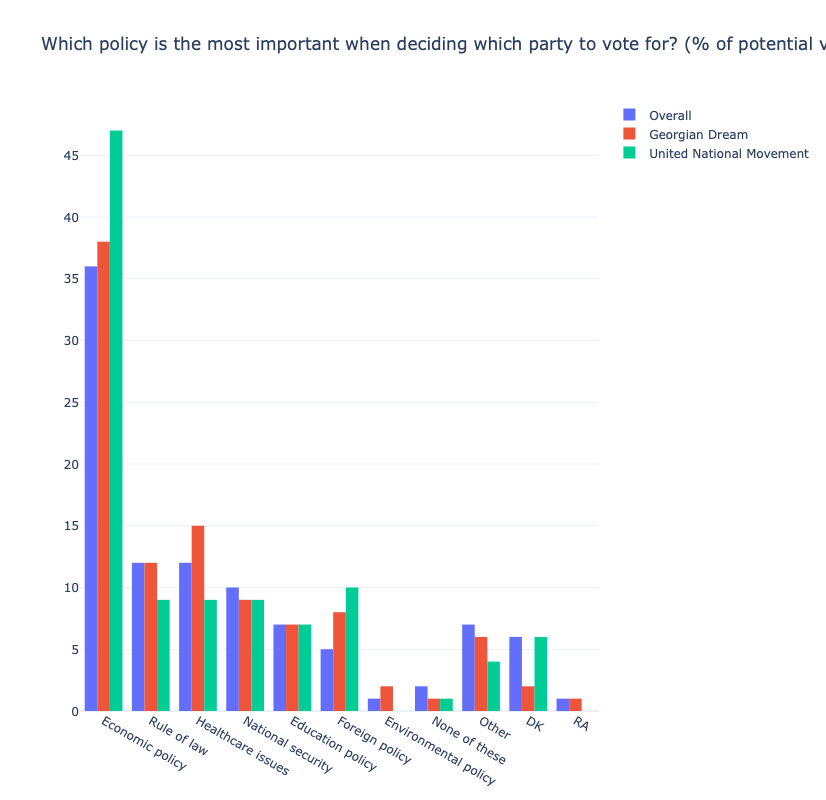
While personality in politics matters greatly for the Georgian public, data from this year shows that for Georgian Dream and United National Movement voters, policy is still important.
A recent CRRC Georgia policy brief argued that what was really dividing Georgians…
